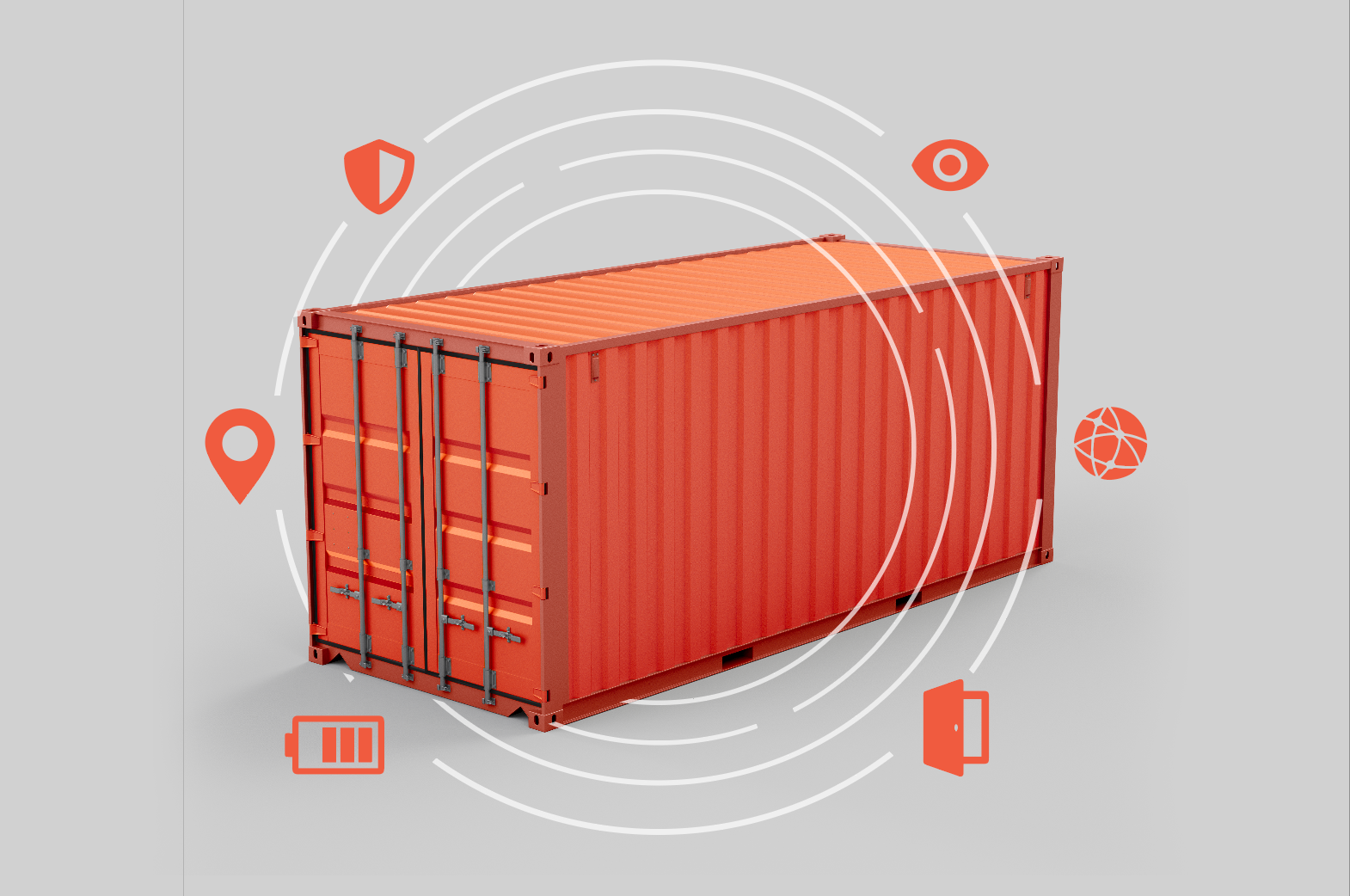Smart shipping containers are traditional containers equipped with advanced sensors, communication devices and tracking systems. These technologies allow the containers to collect and transmit real-time data about their location, condition and the status of the goods they carry. This data is invaluable for shippers, logistics companies and customers, providing unprecedented visibility into the supply chain.
The core components of a smart shipping container typically include GPS for location tracking, temperature and humidity sensors, door open/close sensors and accelerometers to detect movement or shocks. These sensors are connected to a central system that can process and analyze the data, often using cloud-based platforms that can be accessed by multiple stakeholders in the supply chain.
Benefits of Smart Shipping Containers
- Enhanced Supply Chain Visibility: One of the most significant advantages of smart shipping containers is the enhanced visibility they provide. Traditionally, once a container was loaded onto a ship, it would be difficult to track its exact location until it reached its destination. With smart containers, shippers can monitor the real-time location of their cargo, allowing them to make more informed decisions and optimize their supply chains. This level of visibility is especially crucial for time-sensitive goods, such as perishable items or high-value electronics.
- Improved Security: Security is a major concern in the shipping industry, with cargo theft and tampering being persistent issues. Smart containers are equipped with sensors that can detect when a container is opened or tampered with. This information can be relayed immediately to the shipper or the authorities, allowing for quick action to be taken. Additionally, smart containers can be fitted with biometric locks or other advanced security features, further reducing the risk of theft.
- Real-Time Condition Monitoring: For goods that are sensitive to environmental conditions, such as pharmaceuticals, food, or chemicals, maintaining the correct temperature and humidity levels during transit is critical. Smart containers can monitor these conditions in real-time and alert shippers if there are any deviations from the required parameters. This capability not only ensures the quality and safety of the goods but also helps in complying with regulatory requirements.
- Cost Savings: The data collected by smart shipping containers can be used to optimize shipping routes, reduce fuel consumption and minimize delays. For instance, by analyzing the movement patterns of containers, logistics companies can identify inefficiencies and adjust their operations accordingly. This can lead to significant cost savings over time, both in terms of operational expenses and reduced spoilage or damage to goods.
- Sustainability: The shipping industry is under increasing pressure to reduce its environmental impact. Smart containers can contribute to sustainability efforts by enabling more efficient logistics and reducing the carbon footprint of shipping operations. For example, by optimizing routes and reducing idle time, smart containers can help lower fuel consumption and emissions. Additionally, real-time monitoring of conditions can prevent the spoilage of perishable goods, reducing waste.
Challenges and Considerations
While the benefits of smart shipping containers are clear, there are also challenges and considerations that need to be addressed for widespread adoption.
- Cost of Implementation: Equipping traditional shipping containers with smart technology involves a significant upfront investment. This includes the cost of sensors, communication devices and the software infrastructure needed to process and analyze the data. For smaller shipping companies, the initial cost may be a barrier to adoption. However, as technology advances and costs decrease, it is expected that smart containers will become more accessible.
- Data Management and Security: The large volumes of data generated by smart containers need to be managed and stored securely. There are concerns about data privacy and the potential for cyber-attacks, particularly in an industry as globally interconnected as shipping. Companies will need to invest in robust cybersecurity measures to protect their data and ensure the integrity of their supply chains.
- Interoperability: For smart containers to be effective, they need to be compatible with different systems and platforms used by various stakeholders in the supply chain. This requires standardization and collaboration across the industry to ensure that data can be seamlessly shared and utilized. Without such standards, the full potential of smart containers may not be realized.
- Regulatory and Legal Issues: The use of smart shipping containers raises new regulatory and legal questions, particularly around data ownership, liability and compliance with international trade laws. As the technology evolves, so too will the regulatory landscape and companies will need to stay abreast of these changes to ensure compliance.
The Future of Smart Shipping Containers
The adoption of smart shipping containers is still in its early stages, but the potential for growth is enormous. As the technology becomes more affordable and the benefits become more apparent, it is likely that smart containers will become the standard in the shipping industry. This shift will not only improve the efficiency and security of global trade but also drive innovation in other areas of logistics and supply chain management.
Moreover, the integration of smart containers with emerging technologies such as blockchain, artificial intelligence, and the Internet of Things (IoT) could unlock even greater possibilities. For example, blockchain technology could be used to create immutable records of a container’s journey, providing an additional layer of security and transparency. AI could analyze the vast amounts of data generated by smart containers to predict trends and optimize logistics on a global scale.
Conclusion
Smart shipping containers represent a significant advancement in the shipping industry, offering enhanced visibility, improved security and real-time monitoring of conditions. While there are challenges to overcome, the benefits far outweigh the costs, making smart containers a key component of the future of global trade. As technology continues to evolve, so too will the capabilities of these containers, driving greater efficiency, sustainability and innovation in the world of logistics.
The transformation of traditional shipping containers into smart connected devices is a testament to the power of technology to reshape industries. For businesses involved in global trade, the adoption of smart containers is not just an option; it is an imperative to stay competitive in an increasingly connected world. The journey of a container from port to port may be long, but with smart technology, it is becoming more transparent, efficient and secure than ever before.











